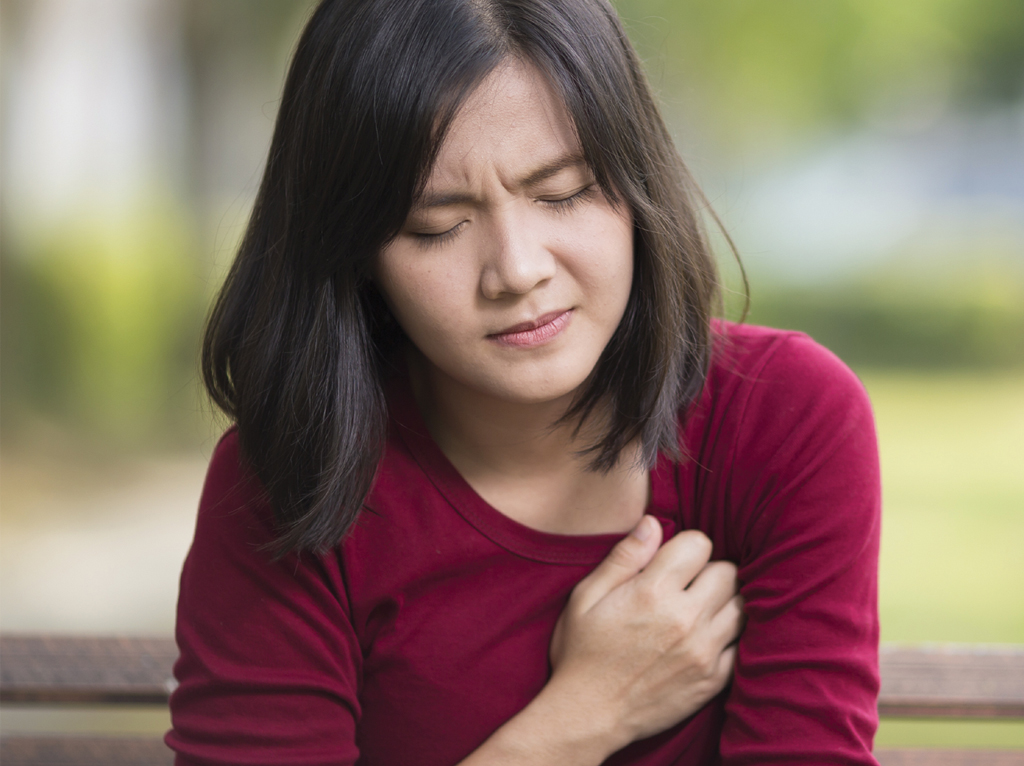
While most people think of chest pain, research has revealed that heart attack symptoms are no longer so straightforward. They may show up in varied forms, and could also differ between the genders.
A leading cause of global mortality, heart attacks — acute myocardial infarctions — occur when any of the three arteries to the heart get blocked suddenly due to the formation of a blood clot over the narrowed segment or the rupture of a fat-laden plaque. If the flow of blood supply to the heart is not restored in time, the heart will die (infarction).
While every heart attack is different and red flags may not be uniform across the board, there are some frequent ones to be taken seriously:
- Chest discomfort
This is the most common sign of an impending heart hazard. Pain, and tightness or pressure in the chest may be felt when there is a blocked artery or an impending heart attack. The feeling varies among individuals; some describe it as an elephant sitting on them while others may feel a pinching or burning sensation. - Nausea, indigestion, heartburn or stomach pain
Women are more likely to report this symptom. An upset tummy may be completely unrelated to the heart but it can occur during a heart attack. - Throat or jaw pain
Another sign that may not be directly connected to a heart issue, this is more likely caused by a muscular issue, cold, or sinus. Watch out if the pain or pressure in the centre of the chest travels up to your throat or jaw — it could indicate a heart attack. - Getting exhausted easily
Sudden fatigue or lethargy after routines you previously had no problem with, such as climbing the stairs or carrying groceries, are significant changes to note. Severe exhaustion or unexplained frailty that persists for days at a time can signal heart disease, particularly among women. - Dizziness or light-headedness
This could be due to insufficient food intake or getting up too quickly. But sudden unsteadiness accompanied by chest discomfort or shortness of breath may signal a drop in blood pressure, which is due to the heart not pumping optimally. - Sweating
Breaking out in a cold sweat for no apparent reason could indicate a heart attack. If this is accompanied by other symptoms, get to a hospital immediately. - Irregular heartbeat
Bouts of nervousness or excitement can cause the heart to race. But seek medical attention if the heart beats out of time for more than just a few seconds, or if it happens often. This could point to a condition known as atrial fibrillation, which requires treatment.
The sooner one seeks medical attention, the better the chances for a complete recovery from a heart attack. Consult your doctor immediately if you observe these symptoms.







